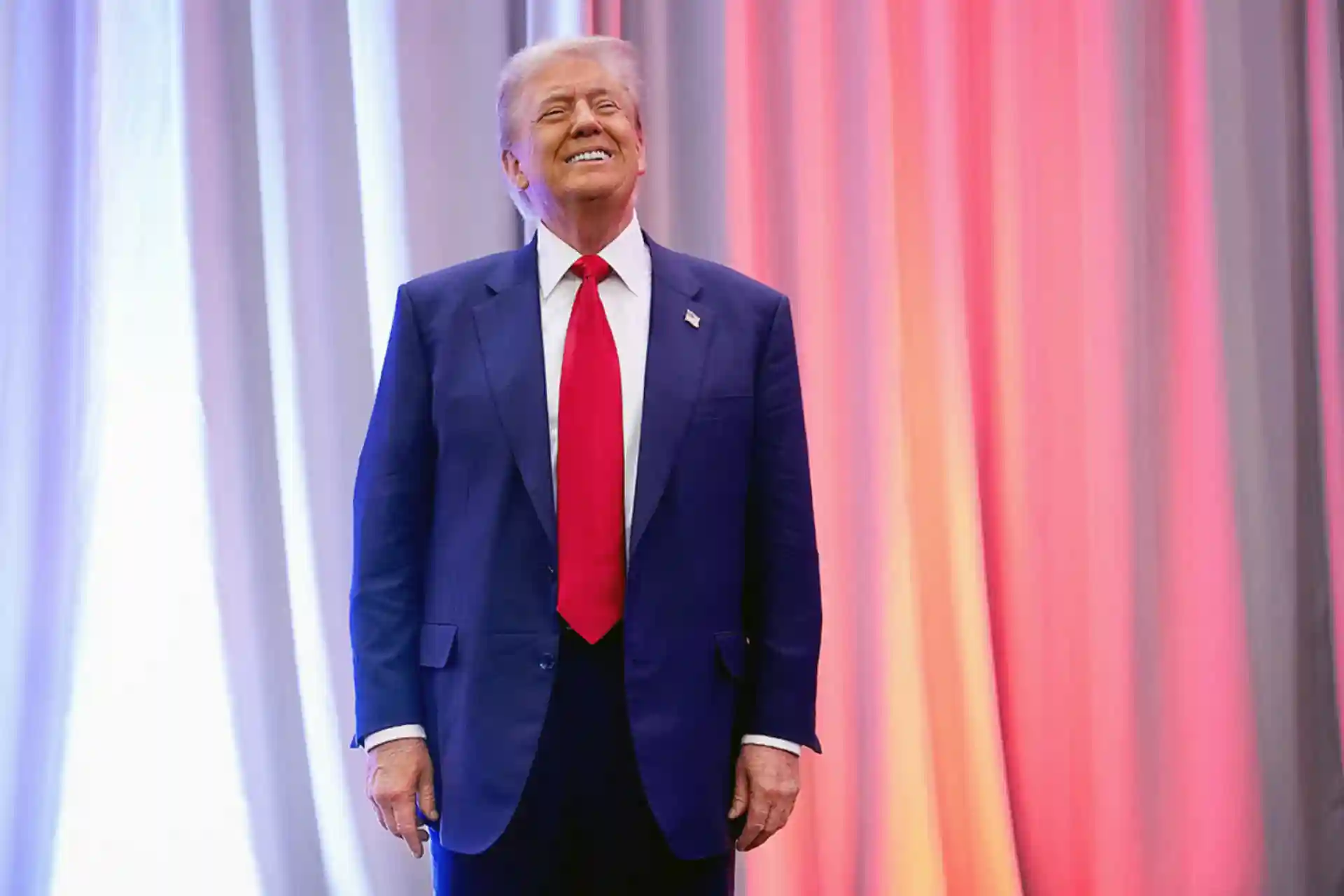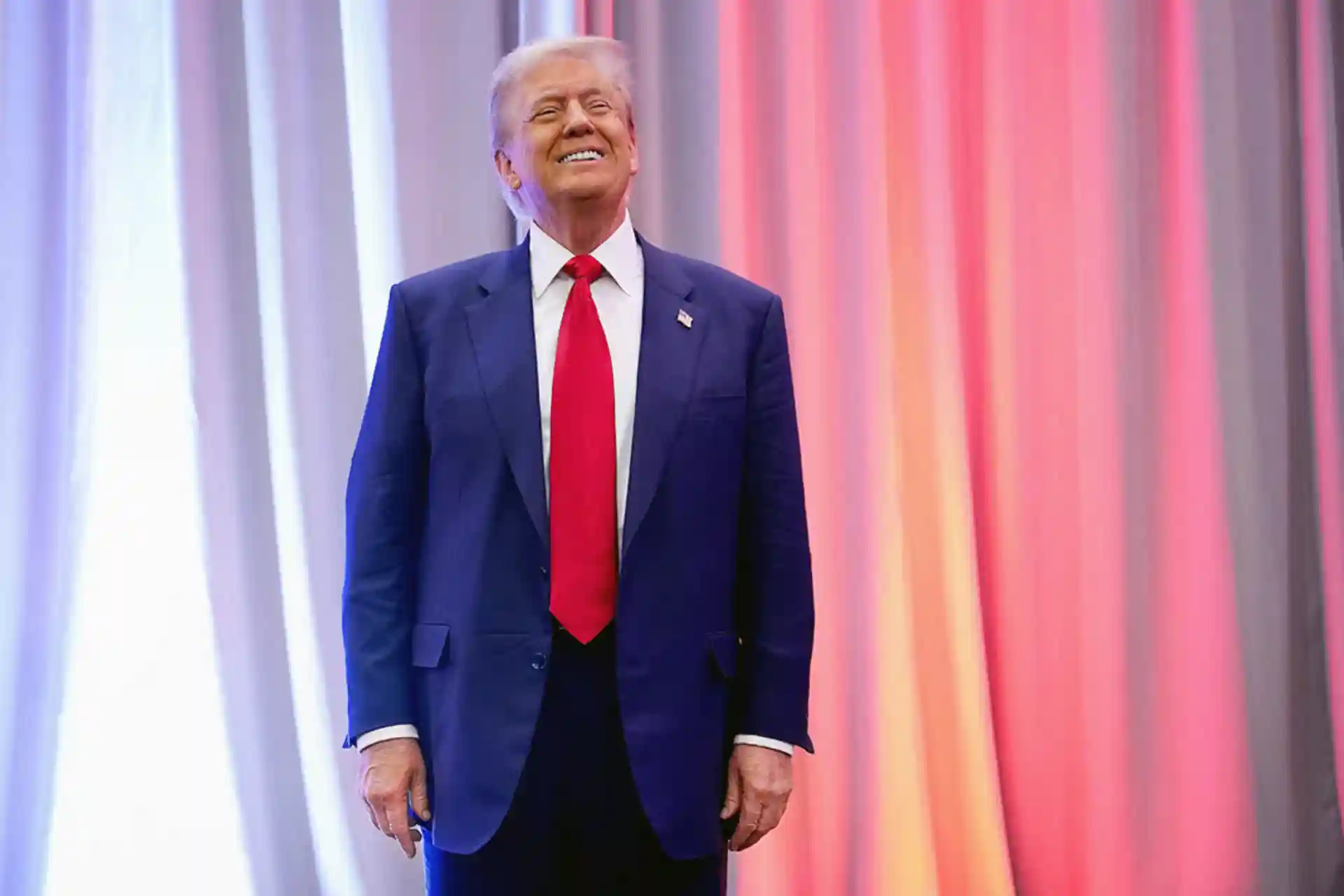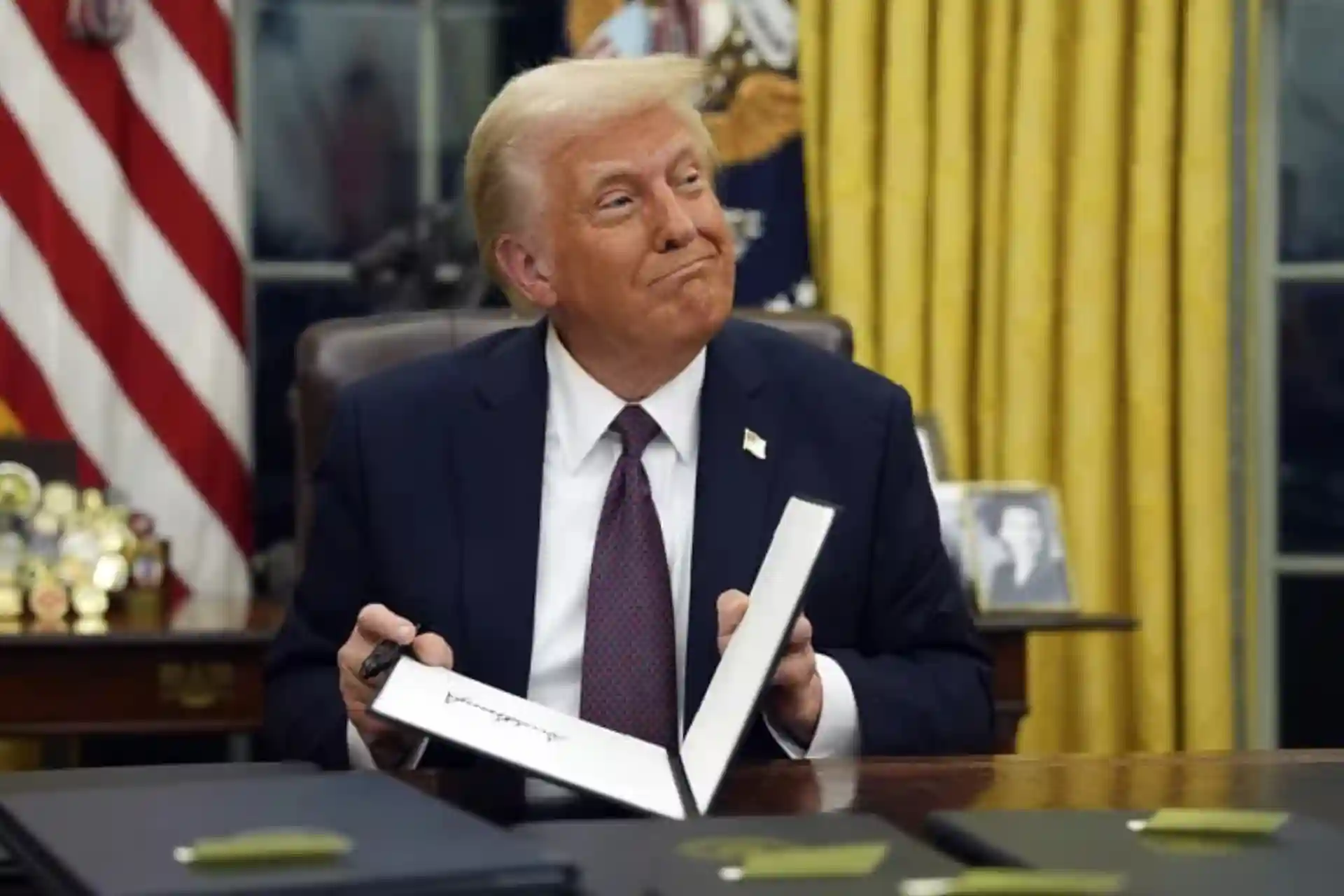Analysis: Will American foreign policy change in Trump's second term?
So the answer to the question "what if?" is probably chaos. Trump will solve any issue that satisfies his supporters at any time. Aside from the slogan "Make America Great Again," Trump has no ideology, no platform, and no foreign policy plan; his only attitude is to understand how any situation will benefit America .
On January 20, US President-elect Donald Trump was sworn in as the 47th President of the United States, becoming the second US president to serve two non-consecutive terms, after Grover Cleveland, who served in the late 19th century.
Trump's method of winning a second term is not surprising, given his entire political career is riddled with oddities. He won his first term without winning the popular vote - that's odd; he had absolutely no political experience when he took America's highest political office - that's also odd; he relied on family, relatives, colleagues, recommendations, and ideological media warriors like Steve Bannon to form his first administration - that's odd in American politics. His administration then suffered a series of crises over the next four years, as various figures lost their positions or disgraced themselves, were fired, and replaced by people of similar stature.
Trump given another chance
But as Trump entered his second term, he was much more prepared for the task . Unlike his first term, he began vetting candidates for various positions as soon as the votes were counted in November. Another important issue was the more than 2,000 executive orders he signed on his first day in office. Now that Trump controlled the Republican Party, he began to direct his loyal members of Congress to implement his agenda.
Or, more accurately, "the agenda" - Trump has a very short attention span and tends to set the political course of the day through his morning tweets on the social media platform now owned by his friend Elon Musk. Trump's Mar-a-Lago estate in Florida will serve as the "White House of the South" for the next four years.
Tweeting imperial decrees
Global political and business elites are now flocking to Trump's "royal palace" at Mar-a-Lago to meet the new "decision maker." While the global press is full of commentary about the "unusual" or "uncanny" nature of this spectacle , it is a process that has been building for a long time. Simply put, it is a naked display of American empire, stripped of its deep ideological rhetoric and stripped of its elegant republican garb.
Trump is the result of long-term socio-political trends in the United States. To understand Trump's actions, we need to go back several decades, to the rise of Richard Nixon to the national stage after World War II and the demagogy of Senator Joseph McCarthy at that time.
For example, after World War II, U.S. leaders carefully respected the sensitivities of foreign governments in conducting foreign policy. Although no postwar nation could match the United States , Secretary of State George Marshall announced the initiative that bears his name in a commencement address that is usually ignored by the press . President Harry Truman , Marshall, and other U.S. officials understood that if they simply demanded that European governments act in a certain way or even offered aid in a way that seemed demeaning, European governments would not accept this initiative that was in their own interests. Of course, the Marshall Plan also protected U.S. interests, but it was important to leave the choice of participation to each individual government.
Today, Trump has made unexpected statements about simply annexing Canada, buying Greenland, regaining the Panama Canal, and saying that "everything will be upside down" if a deal is not reached in Gaza . Meanwhile, the Republican-controlled Congress is rushing to pass the necessary legislation. This would have made the ancient Roman emperors jealous.
What will Trump's foreign policy be like?
When we compare Trump's post-election foreign policy with his presidency, there is little difference. He still sees China as the main threat to US global interests, but maintains a passive stance towards Moscow; he still thinks that other NATO members are taking advantage of America's generosity; he still fights against immigration and relentlessly insults various global communities. He still sees import tariffs as the solution to America's economic woes.
The only surprising development was Trump’s rejection of Israeli Prime Minister Benjamin Netanyahu. This was particularly surprising given Trump’s commitment to Zionism, his staunch support for the state of Israel, and his selection of generally pro-Zionist candidates for secretary of state, such as Republican Florida Senator Marco Rubio. Did Trump’s influence play a role in his opposition to Netanyahu ? It’s hard to know at this point, so Trump’s interactions with the Israeli leadership in the coming months will provide more insight into how events unfold in the Eastern Mediterranean .
Trump has already taken a more forceful stance against war than he did during his first term. In addition to calling for a ceasefire in Gaza, he has repeatedly expressed his desire to end the conflict in Ukraine over the past year. But whether Putin will agree with him and whether Ukrainian President Volodymyr Zelensky can be persuaded to compromise remains unclear.
So the answer to the question "what if?" is probably chaos. Trump will solve any issue that satisfies his supporters at any time. Aside from the slogan "Make America Great Again," Trump has no ideology, no platform, and no foreign policy plan; his only attitude is to understand how any situation will benefit America .
Senator Marco Rubio as Global Proconsul
During his Senate confirmation hearings on January 15, Marco Rubio said that President Trump will base his administration's foreign policy on three key questions: "Will this make America safer? Will this make America stronger? Will this make America more prosperous?" This is the essence of Trump's "America First" approach. But Rubio also emphasized another important principle: President Trump sets foreign policy, and the State Department simply implements it.
So, whatever President Trump prioritizes, we can be the first to read about these issues related to US foreign policy in tweets.
Adam McConnell, political analyst



